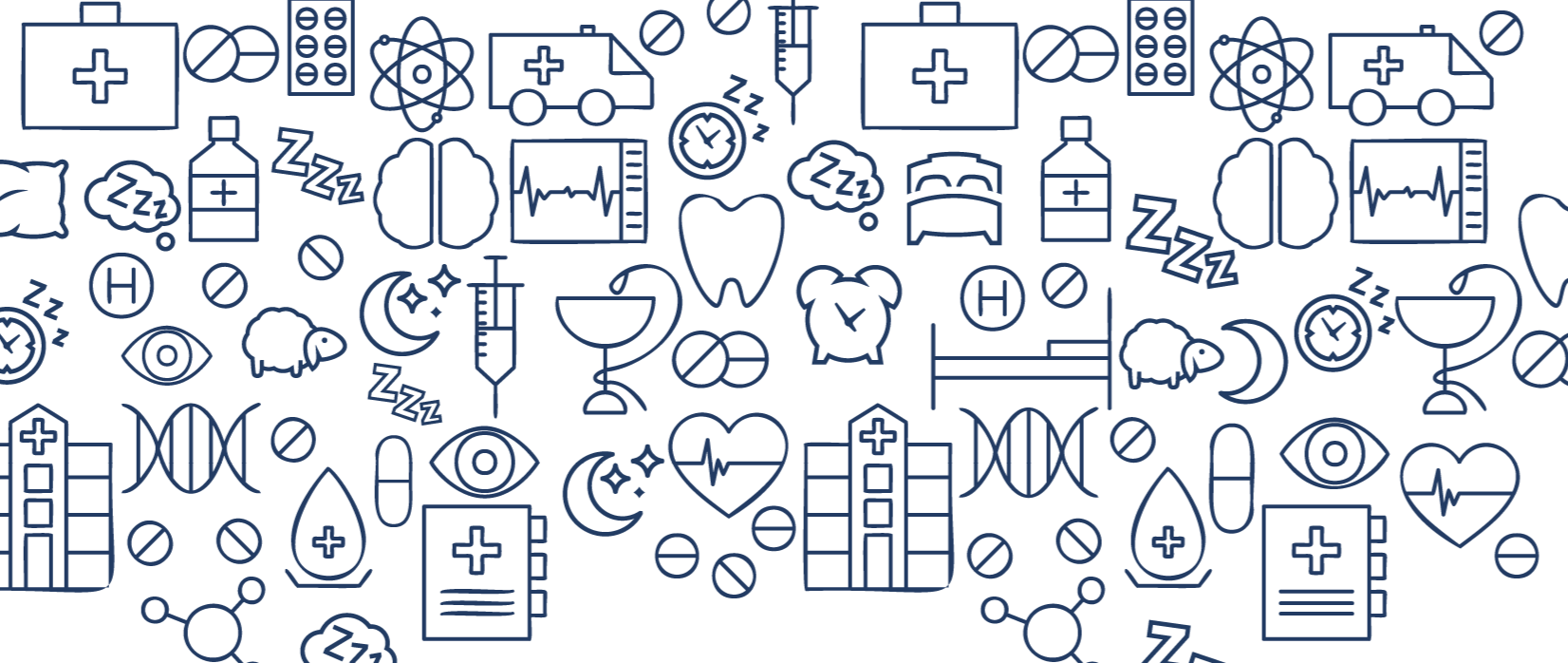Some 60-year-old people are good at cognitively demanding tasks, while others suffer from poor memory and impaired cognition, problems that are uncommon until older ages. How can we quantify deviations from a normal brain-aging trajectory? One possibility is by measuring sleep.
Sleep patterns change with age and sleep tends to be shorter and lighter as people get older. The brain’s electrical activity during sleep also changes with age. For example, the height of “slow waves” during deep sleep – electrical brain waves that repeat fewer than four times per second – decreases more and more the older we get. This and many other changes in brain waves can be summarized into an age-like number: sleep-based “brain age.”
If a 60-year-old person has a brain age of 70, their sleeping brain waves resemble those of a 70-year-old person who is aging normally. This may be cause for concern in a 60-year-old person. Conversely, an older person may have a younger-looking sleeping brain, which is probably a good thing. The difference between brain age and actual age is correlated with multiple conditions including dementia, hypertension, diabetes, and HIV infection, as well as life expectancy. A marker like brain age can help sleep doctors get an objective and repeatable sense of brain health from sleep. Eventually, brain age may become a key piece of information to guide treatments to preserve and improve brain health.



